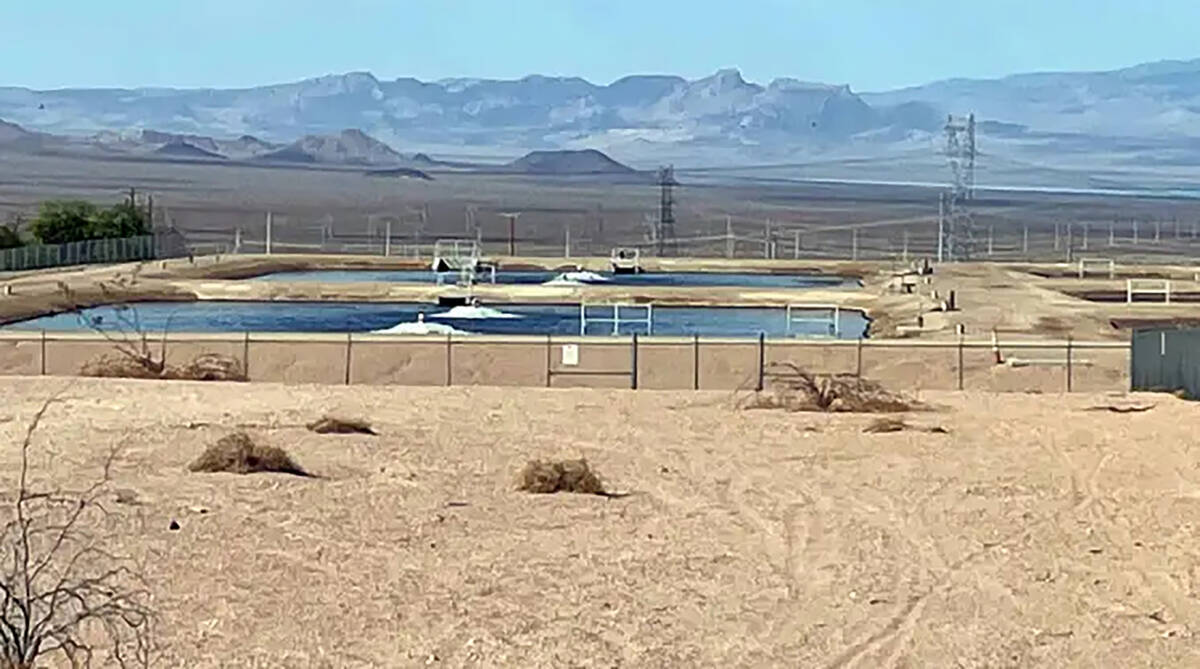
The public is invited to come out to hear more regarding a topic many may not be familiar with — wastewater.
A city staff-led discussion will take place on Tuesday, April 4, beginning at 5 p.m. in the Elaine K. Smith Building, 700 Wyoming St.
Earlier this month the Southern Nevada Water Authority shared four options for wastewater reuse. The Boulder City Council narrowed those options down to the following:
· Direct reused water to irrigate city golf courses and parks as well as to industrial use.
· Return to Lake Mead via a recharge well.
Boulder City Utility Manager Joe Stubitz said Tuesday that staff plans to discuss the pros and cons of each of the two options remaining on the table, which includes the cost to residents.
The discussion also may clear the air in terms of the perception many have in regard to the city’s wastewater program.
“Many residents believe their water is going back to Lake Mead, or that we don’t use enough to make a difference,” Stubitz said. “Last year, more than 300 million gallons of wastewater was sent to the evaporation ponds. We have already noted a decrease in effluent with indoor conservation efforts, but this emergency requires action by all Southern Nevada communities.”
The information from the discussion will be gathered and presented to council at a date to be determined.
“We expect the feasibility studies requested by Council to take six months to a year to complete,” he said. “Once all of that is gathered, staff will share that information with Council and the community.”
During that March 14 meeting, Southern Nevada Water Authority Deputy General Manager of Engineering Doa Ross said 100% of Boulder City’s water use is labeled “consumptive,” meaning it cannot be reused.
“Every gallon we deliver to Boulder City never goes back to the river, so every gallon is a gallon permanently lost to the river,” Ross said about the city’s current water use.